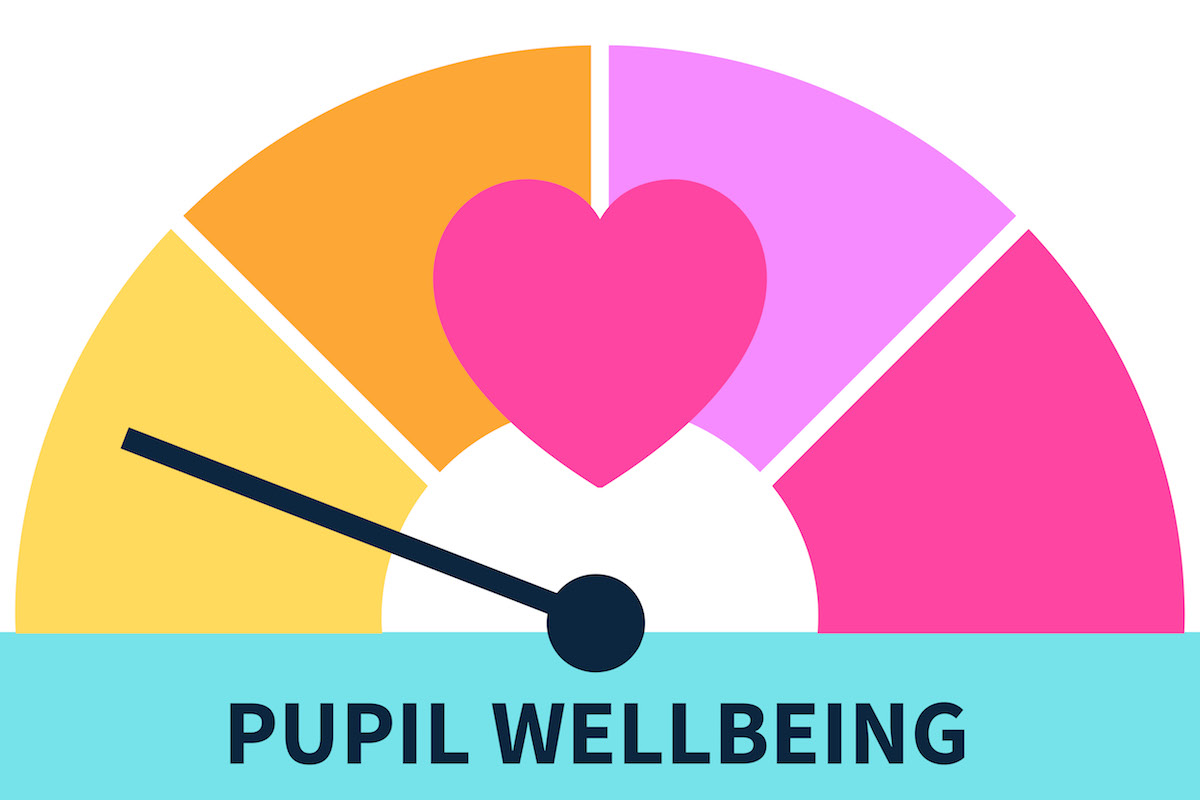News & Views

Going for gold!
Congratulations to Richard Rose Morton Academy for successfully achieving a Gold School Impact Award for Pupil Wellbeing.
Emily Grierson, Head of Year 8 at Richard Rose Morton Academy, shared how the Pupil Wellbeing Award impacted the school, starting with what motivated it to undertake the award. Emily said it was "to improve wellbeing and measure the impact of strategies put in place".
The school completed all eight benchmarks, taking a holistic role in supporting student wellbeing. It considered how to raise awareness via the curriculum and support students, ranging from sharing concerns to offering significant long-term help. The wellbeing lead secured the engagement of students, staff and families.
Emily explained how working on the award helped the school identify areas to improve:
Having to focus solely on the impact of the strategies we were putting in place made us look at the whole-school approach and review what was working and what wasn't.
She described working on the award as a positive experience:
We have made huge progress in ensuring the support and strategies in place are appropriate and necessary.
What are the school's next steps now that it has achieved this award? Emily said: "We are going to do another audit next year to review where the next support strategies are needed and continue to monitor the impact the current work is having. We intend to run more parent-focused work to support students, increase the impact that the current strategies are having and increase the input from students."
Emily finished by offering some helpful advice for prospective award applicants: "I would highly recommend this award, but ensure you make the targets measurable!"
How the Pupil Wellbeing Award impacted the Richard Rose Morton Academy

1. Promote positive attitudes
The school saw a significant increase in referrals to support emotional wellbeing and mental health (EWMH). Staff were more confident to make referrals themselves and students are more likely to self-refer.
2. Offer positive strategies
An increase in the range of provision and additional safe spaces has led to a rise in students accessing effective support. Student awareness of the support available and how to access it has also improved.
3. Promote emotional health and wellbeing
The school’s review of PSHE provision led to additional cross-curricular links, which has improved delivery (as noted in the school’s recent Ofsted report). There has also been an increase in visibility and confidence among minority (for example, LGBTQ+) students.
4. Ensure pupils understand the relationship between physical health and wellbeing
The school developed a cross-curricular approach and linked PE, PSHE and science provision to reinforce key messages. This has resulted in increased levels of physical activity and improved dietary knowledge as shown by student surveys.
5. Make sure pupils know where and how to access help
The school’s efforts, including via social media, to raise awareness about support available led to a rise in self-referrals. Access to anonymous reporting has also increased the number of students and parents seeking help. Signposting materials such as leaflets are popular with students who reported that concerns are acted on effectively.
6. Equip staff with tools to support pupil wellbeing

The development of a clear referral pathway led to an increase in reports from a larger number of staff. The quality of initial referrals has also improved. Staff confidence in supporting students has increased. CPD provision is responsive to requests from staff for support around particular issues – e.g. panic attacks.
7. Help parents understand wellbeing needs
Parents report that they find referral routes straightforward and appreciate the option to report anonymously. They like how the school shares information, especially via social media and are positive about the support their children receive.
8. Support pupils to lead wellbeing initiatives
Student wellbeing champion positions have proved popular and the school is looking to expand these and involve more students in a range of roles, including buddying and mentoring as well as leading assemblies etc. Increased numbers of students are now involved in wellbeing-related extra-curricular activities, which the school recognised via its honours system.
Improve your school's wellbeing offering with the Pupil Wellbeing Award.